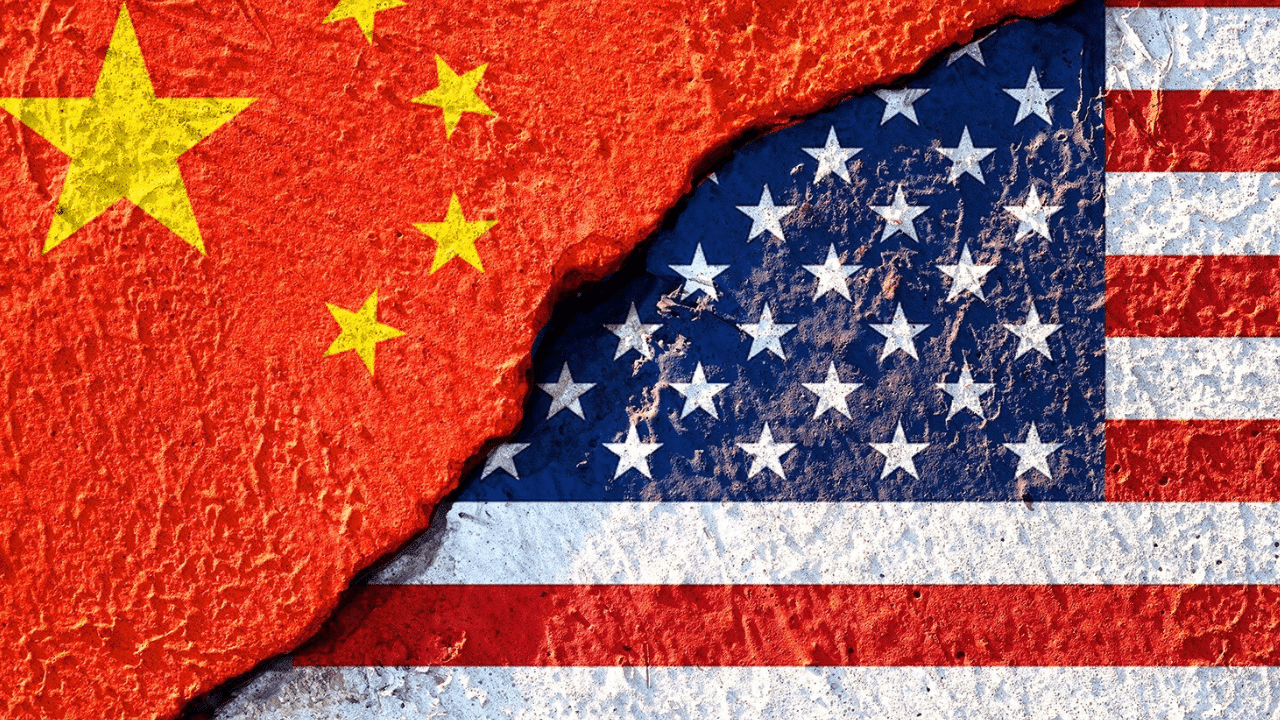*Author’s note: while the term “China Lobby” has historically been associated with the coalition of interest groups, primarily in the business community, that grew up around support for the Republic of China in the 1920s and 1930s and which came to be closely allied with anti-communists in the United States following the defeat of Chiang Kai-shek by Mao and the communists, this article is concerned with those groups who, by contrast, favored closer ties to the succeeding People’s Republic of China.
While the intensive, if often opaque, lobbying efforts of the Taiwanese government’s representatives, well documented by Eli Clifton and Ben Freeman, have produced steady gains for Taipei over the past half decade, from increased arms sales to high level diplomatic visits, the same can not be said for the representatives of Beijing in Washington.
Gone are the halcyon days of the 1990s and 2000s, when with only a modicum of effort on its behalf Sino-American trade and cooperation expanded at breakneck pace. And while it is still broadly true, in the words of the late 19th century Republican kingmaker Mark Hanna, that money (and something else he had forgotten) are what make politics and policies in Washington. This about face over the past decade and a half clearly isn’t (just) a function of money: Beijing, after all, still outspends Taipei by a full order of magnitude when it comes to lobbying efforts on its behalf in Washington.
One might well be forgiven for doubting such a fact, given that today one seldom hears a peep from such organizations as the U.S.-China Business Council (USCBC) or the United States of America-China Chamber of Commerce (USCCC). In part this is a function of what the corporate press chooses to publicize, both organizations do, after all, issue regular statements (although the USCCC has been very quiet the last couple of years).
And while virtually none of these comments make the business pages of the Wall Street Journal or Financial Times, much of this is likely attributable to the fact that they are generally statements of little consequence, such as this totally typical offering from the USCBC: “We hope this trip [made in August by Commerce Secretary Raimondo] continues to strengthen the likelihood for a meeting between presidents Biden and Xi later this year. A productive meeting between the two could help improve the US-China relationship, support economic growth, and address shared global concerns, like climate change and public health.”
And when they do touch on potentially important issues, such as the continuing trade war, their statements are so tepid as to be a joke even to those who would support their efforts. Consider the following, most recent objection to the work of that most counterproductive and fear mongering of Washington’s many, many make-work committees, the Select Committee on the Chinese Communist Party:
“We appreciate that the Select Committee made changes to the draft recommendations in its report with regard to [permanent normal trade relations]. At the same time, the language related to the creation of a new tariff column raises many questions. We have continued concerns that tariff increases have negative US economic and jobs implications, as detailed in the Oxford Economics study released last month. We look forward to closely reviewing the entire report and continuing to serve as a constructive resource to Congress and the Biden administration in the ongoing conversations about protecting US national security interests while expanding US commerce with China, the vast majority of which doesn’t involve national security.”
And this in response to ludicrous proposals of further restrictions and tariffs on doing business in China and Chinese commerce more broadly.
And here is where it really is all about following the money: recognizing that Washington has set its sights on conflict with China, many U.S. based corporations are seeking to secure rents for themselves at our expense under the guise of patriotism and national security.
Yes, having finally woken up to the frank myth of the China market, i.e. that they will eventually make gob-smacking profits by having the run of the place, competing on something like fair terms, U.S. companies are seeking to increase their market power domestically, that is to increase their pricing power at a time when prices have already been significantly boosted by government mismanagement.
To be sure a number of other factors are at work, simultaneously pushing towards the dangerous decoupling of the world’s two largest economies: from fear of the U.S. Treasury or Commerce Departments, whose decision to impose sanctions or tariffs could cost a company dearly, to Beijing’s own draconian, destructive, and capricious COVID policies that so disrupted and then hindered the recovery of corporate supply chains. There is also the diminished comparative advantage of doing business in China generally, its rising wages and environmental standards having already begun eroding the place China had carved out for itself as the low-cost, global manufacturing hub (Vietnam, India, Mexico, and Brazil all having seen significant boosts in just the last couple of years as corporations seek more resilient supply chains, cheaper labor, and friendlier geopolitical prospects).
In summary, given all the forces increasingly arrayed against it, lobbying Washington for protection from Chinese competitors (cough…cough…TikTok) increasingly looks like money much better spent than money working to improve trade and cooperation between the U.S. and China.
Make no mistake: we will all be worse off for it.

































